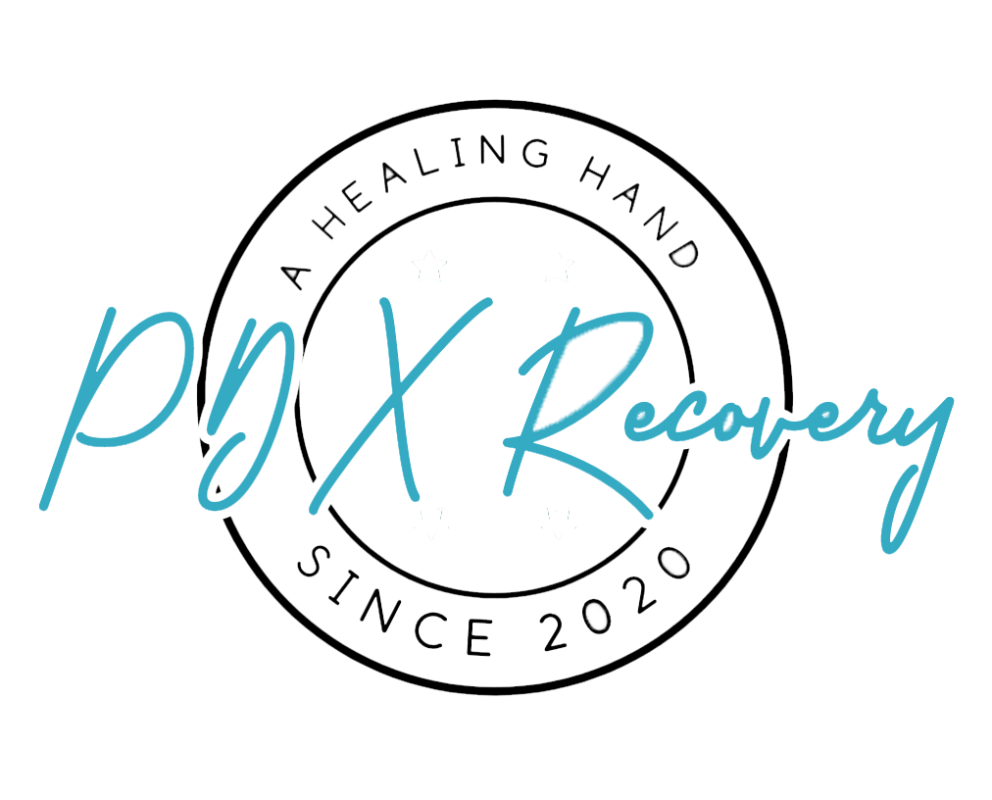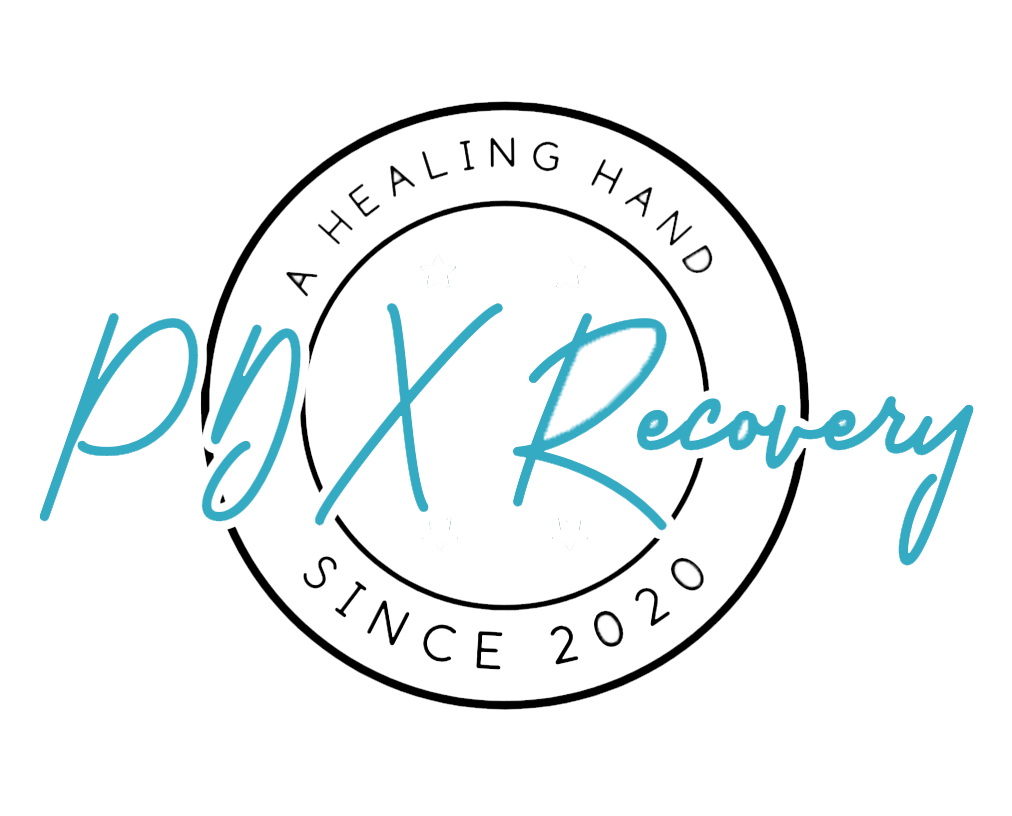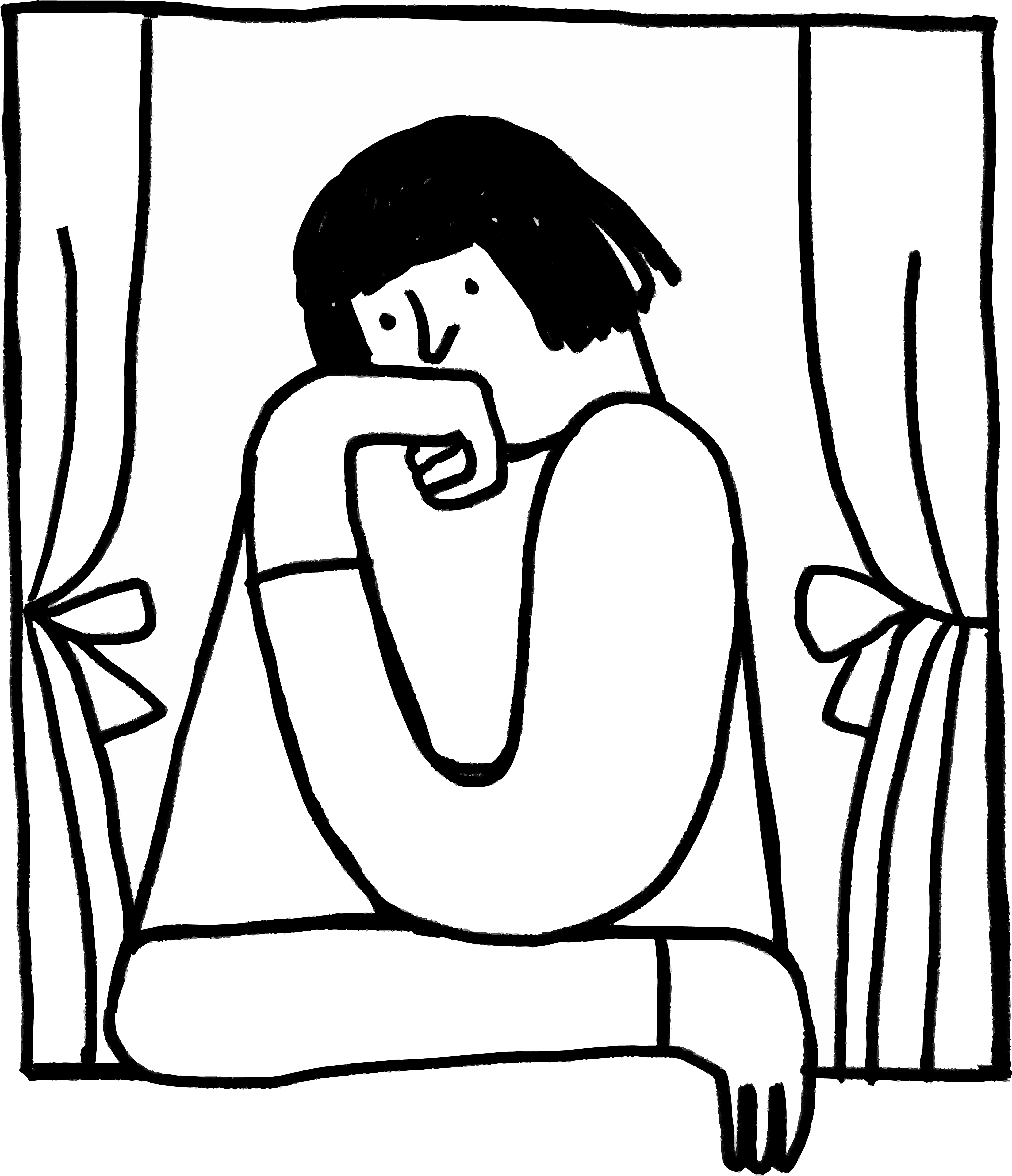

Accredited For Your Benefit
Our services are recognized as meeting the highest standards of care and are continuously evaluated to ensure excellence.
What is Tualatin Hallucinogens Addiction Treatment PDX?
Hallucinogens addiction, while less talked about in mainstream discussions of substance abuse, presents a complex challenge for individuals and their loved ones. At PDX Recovery, we understand the intricate nature of this dependency and its profound effects on both the mind and body. Hallucinogens, a diverse group of drugs that alter perception, thoughts, and feelings, lead users into an altered state far removed from reality. These substances, which include LSD (acid), psilocybin (magic mushrooms), and PCP (angel dust), among others, can cause users to see images, hear sounds, and feel sensations that seem real but are not.The path to addiction can be insidious with hallucinogens because they don’t typically produce a physical dependency like opioids or alcohol. Instead, the addiction is more psychological in nature. Users may find themselves chasing after the profound insights or euphoric experiences they had during early use, leading to repeated use and higher doses as tolerance develops. This increasing spiral can result in significant disruptions to one’s life—straining relationships, impairing academic or professional performance, and leading to neglect of responsibilities.
How We Treat Tualatin Hallucinogens Addiction Treatment PDX
At PDX Recovery, we understand the complex nature of hallucinogen addiction and its profound impact on both the mind and body. Our comprehensive approach to treatment is designed to address the multifaceted aspects of this condition, ensuring a path towards healing that is both effective and compassionate.
Our program begins with a thorough assessment to understand the unique needs of each individual. Based on this evaluation, we create a personalized treatment plan that includes a combination of therapies tailored specifically for hallucinogen addiction. Our holistic strategy encompasses cognitive-behavioral therapy (CBT), which helps patients recognize and change negative thought patterns and behaviors, alongside psychoeducational groups that provide insights into the effects of drugs on the brain and body.
Additionally, we offer experiential therapies such as art or music therapy, allowing individuals to explore new avenues for expression and healing outside traditional talk therapy. Mindfulness practices are integrated into our program to aid in managing stress and emotions without reliance on substances.
At PDX Recovery, we also emphasize the importance of community support. We facilitate group sessions where individuals can share experiences and strategies in a safe and supportive environment, fostering a sense of belonging and mutual understanding among those on similar journeys.
Understanding that recovery from hallucinogen addiction is an ongoing process, our team provides continuous aftercare planning to ensure long-term success. This includes linking individuals with community resources, ongoing counseling options, and support groups to maintain sobriety post-treatment.
Choosing PDX Recovery means opting for a life free from hallucinogen dependency. Our dedicated team is here to guide you through every step towards reclaiming your health, well-being, and freedom.
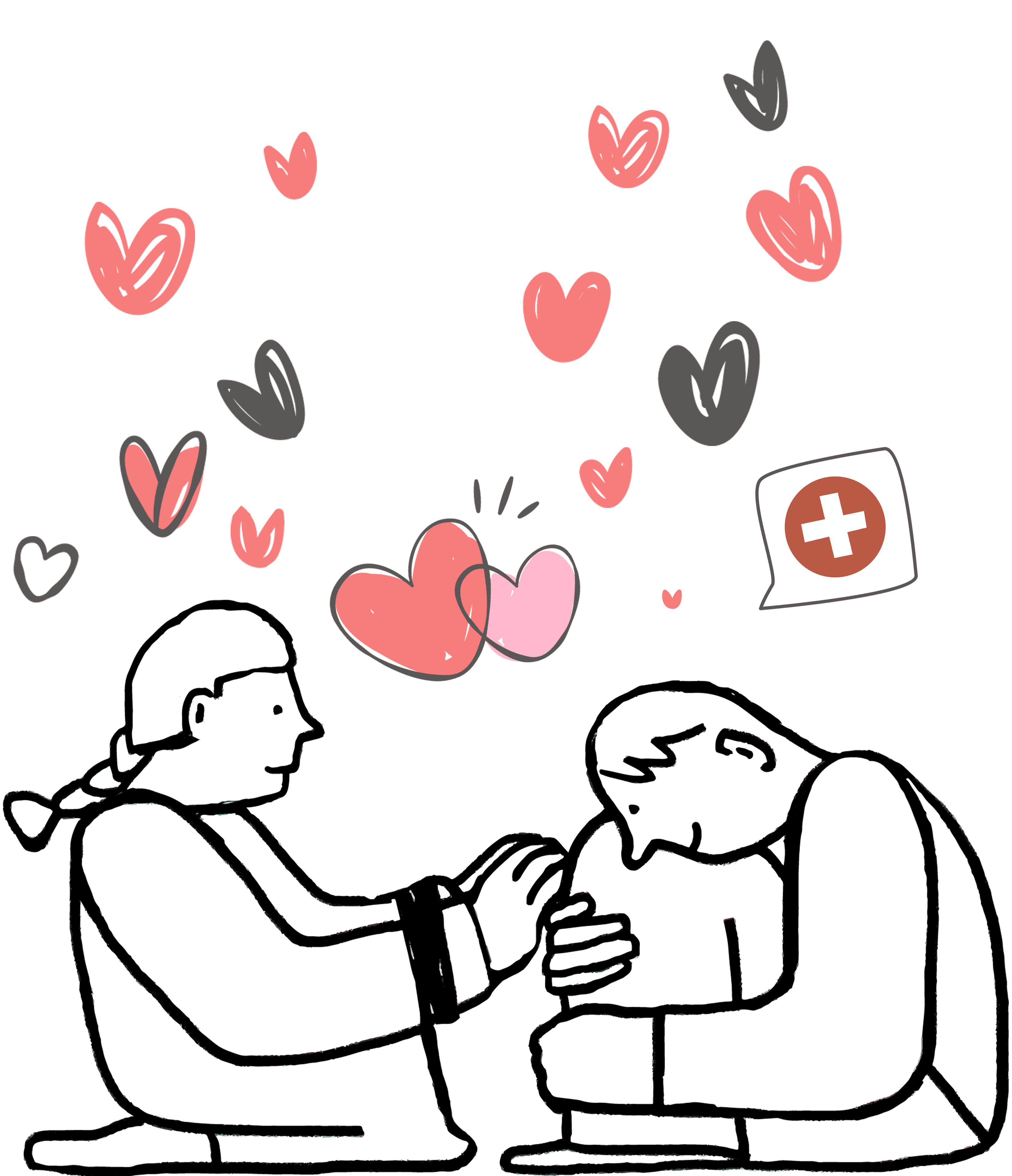
Our Addiction Treatment Programs
We only use proven clinical services to treat our patients, ensuring the highest level of care and success rates. Our team consists of highly trained therapists and doctors who specialize in a variety of mental health and addiction issues.
Clinical Services We Use for Treatment
At PDX Recovery, we empathize with the challenges of seeking help. Our commitment lies in fostering a warm and inviting atmosphere for our patients, ensuring their comfort. We aim to deliver accessible and impactful therapy to all individuals.
We Work With Most Major Insurance Providers
Our aim is to offer affordable and impactful care to all individuals who seek assistance at our center. We recognize the difficulty of battling addiction and mental health issues without the added burden of financial worries. Therefore, we are dedicated to collaborating with your insurance provider to ensure you benefit from the fullest coverage possible for your treatment.
FAQ
We've compiled a list of frequently asked questions to provide clarity on the experience and alleviate any remaining fears or anxieties you might have.
A day in treatment offers a structured and supportive setting to foster physical, mental, and emotional healing. Residents begin with a nutritious breakfast, followed by therapy sessions, group activities, and workshops addressing addiction's root causes. These include individual counseling, group and family therapy, exercise, educational lectures, and recreational pursuits. The day features balanced meals, moments for contemplation and relaxation, and opportunities for personal introspection through journaling or meditation. Evenings may include peer support meetings or 12-step programs, wrapping up with time for rest. Each day at our facilities is thoughtfully designed to support holistic recovery, enabling individuals to cultivate healthy habits and coping strategies.
A standard detox phase generally extends for approximately five days, but its duration may vary from three to 10 days based on individual factors. These include the type and quantity of substances used, duration and frequency of consumption, as well as the method of intake. Collectively, these variables dictate the required duration of the detoxification process for either yourself or a loved one.
When beginning treatment, it's important to bring along specific items that can provide comfort and support. These might encompass cozy clothes, personal care essentials, prescribed medications (accompanied by proper documentation), and materials like journals or books for personal introspection. Conversely, there are restrictions on what can be brought into addiction treatment centers. Prohibited items typically include substances like drugs or alcohol, weapons, and anything that could hinder the recovery process. To ensure a smooth transition into treatment, it's vital to check with the chosen facility beforehand for a comprehensive list of permitted and prohibited items.
We recognize the close connection between addiction and mental health challenges. Hence, our addiction treatment centers prioritize tackling underlying mental health issues. Our skilled team provides tailored support and therapy for various mental health conditions like depression, anxiety, PTSD, and more. Embracing a comprehensive recovery approach, we address both physical and mental well-being. Our admissions staff is committed to matching you with the ideal facility for holistic care, ensuring a successful healing journey. Count on us for unwavering support throughout your path to lasting sobriety and enhanced mental wellness.
Our admissions team is devoted to assisting you in finding the ideal treatment center that meets your needs. Choosing a rehab facility can feel overwhelming, which is why our team is here to help. We are dedicated to guiding you through the process and identifying the perfect center for yourself or your loved one. Comprised of compassionate and knowledgeable professionals, our admissions team understands the complexities of addiction and the importance of selecting the right treatment. We take into account your individual requirements, preferences, and any co-occurring conditions to connect you with a facility that offers personalized care. Remember, you don't have to go through this alone – our admissions team is here to support you every step of the way towards a successful recovery.
Watching a loved one battle addiction can be heart-wrenching and overwhelming. Feeling powerless and uncertain about how to aid them is common. The initial step in assisting your loved one is engaging in a candid conversation about their addiction. Express your apprehensions, extend your support, establish boundaries, and urge them to seek professional assistance. Researching treatment options together and ensuring resources are easily accessible can also be beneficial.
Remember, patience, empathy, and unwavering support are crucial throughout this journey. Recovery is a process that requires time. By employing a compassionate and supportive approach, you can guide your loved one towards a healthier, addiction-free life. Do not hesitate to seek guidance and support from our team; we are dedicated to assisting you and your loved one at every stage of the recovery process.
No matter how committed you are to your recovery journey or how resolute you are about maintaining sobriety, a relapse may occur. According to statistics from the National Institute on Drug Abuse, relapse rates in recovery vary from 40% to 60%. Following a relapse, feelings of shame and regret are common. There may even be thoughts of succumbing to addiction rather than persevering against the temptation to use. While these emotions are typical, they can hinder achieving a drug-free life. Instead of viewing a relapse negatively, consider it a learning experience; refine your relapse prevention strategies and identify triggers. By understanding the root causes of the relapse, you lay the groundwork for a recovery that ensures you bounce back stronger.
The first step involves evaluating whether returning to rehab is necessary. If the relapse was an isolated incident and you are committed to reviewing or adjusting your recovery plan, a return to an inpatient facility may not be needed. Such a setting offers hands-on care and continuous monitoring. However, falling back into a persistent pattern of substance misuse may indicate the necessity of reentering a structured treatment program. If conversations about substance use reoccur, mingling with individuals who endorse drinking, or resorting to substances for coping, it signals a more serious issue that requires immediate attention.
After rejoining treatment post-relapse, the primary emphasis should be on reintegrating into everyday life. Opting for a sober living environment for a few months following treatment could be the most effective way to prevent relapse, as accountability and structure are beneficial during the initial vulnerable phase. Moreover, having an outpatient therapy plan for ongoing support post-rehab is advantageous.

Verify Your Insurance With Us!
Freeing yourself from Addiction doesn't have to be hard. Take the first Step and begin filling out the form, it's the initial phase in achieving a healthy recovery. We offer the necessary guidance and professional care crucial during the early treatment stages.

